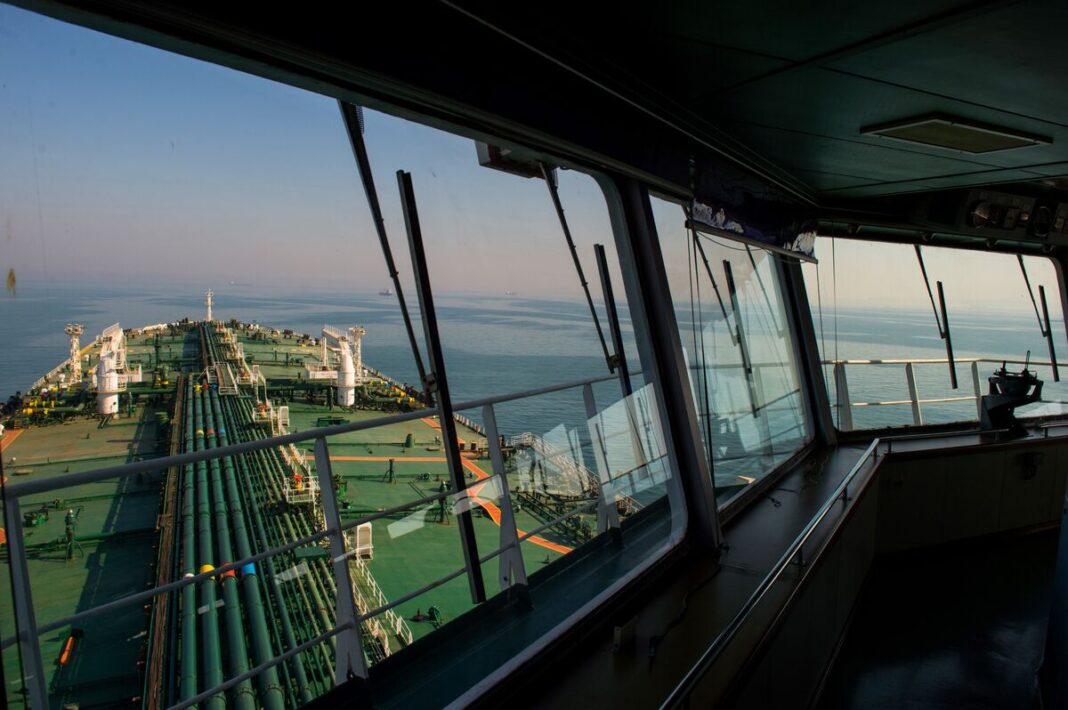Unfolding Tensions in the Black Sea: Oil Ports Halt Operations Amid Drone Attack Warnings
The Current Situation
Recent developments along Russia’s Black Sea coast have sparked heightened concerns in global oil markets. Two significant oil ports in the region have suspended the loading of tankers following urgent warnings regarding potential drone attacks. This decision underscores the heightened state of alert as geopolitical tensions continue to rise and security threats loom large over critical maritime logistics.
The Implications for Global Oil Supply
Halting operations at these ports carries far-reaching implications for global oil supply. The Black Sea has long been a vital route for oil exports, not only for Russia but for various countries reliant on the region’s resources. Disruptions in loading operations can lead to delays in shipments and, consequently, affect oil prices worldwide. Traders and analysts are closely monitoring the situation as they anticipate market reactions in the coming days.
The Geopolitical Context
This latest development cannot be viewed in isolation. The ongoing conflict in Ukraine has created a precarious security environment in the Black Sea. The risk of drone warfare—whether for military purposes or as a means of sabotage—has escalated. Russia’s military strategy has increasingly involved drones, prompting concerns about their use against infrastructure that is crucial for oil transport. The heightened military activity not only affects local economies but could also reshape energy security across Europe and beyond.
The Response from Authorities
In light of these threats, authorities in the region have acted decisively. The decision to halt operations at the oil ports reflects a proactive approach to safeguarding personnel and valuable resources. Both local and international agencies are likely coordinating responses to evaluate the threats and implement protective measures. This prompt response is crucial in managing the risks faced by shipping companies, which may need to rethink their shipping routes or timelines.
The Impact on Shipping Companies
For shipping companies operating in the Black Sea, this situation poses significant challenges. The cancellation of loading operations means a direct impact on schedules and costs. Vessels that were en route to these ports will now face delays, potentially incurring additional fees for anchoring or diverting to alternate ports. Companies will need to maintain open communication with clients and stakeholders to navigate the complexities created by these unexpected halts.
Future Outlook for Maritime Security
The situation highlights the increasingly volatile nature of maritime security in the Black Sea. Concerns about drone attacks could influence not only operations in Russia but also affect broader shipping lanes and trade routes connecting Europe and Asia. As tensions persist and the potential for conflict remains, stakeholders are likely to invest more in security protocols to protect maritime operations. This may result in enhanced surveillance, increased insurance costs, and a reassessment of risk management strategies throughout the oil shipping industry.
Conclusion
While the immediate halts at the oil ports represent a response to a specific threat, the situation encapsulates a larger narrative of geopolitical instability affecting global energy dynamics. The implications of such disruptions ripple through various sectors and regions, reminding us of the interconnected nature of global markets today. As the focus shifts to maintaining security and operational continuity, all eyes will remain on the unfolding events in the Black Sea.



